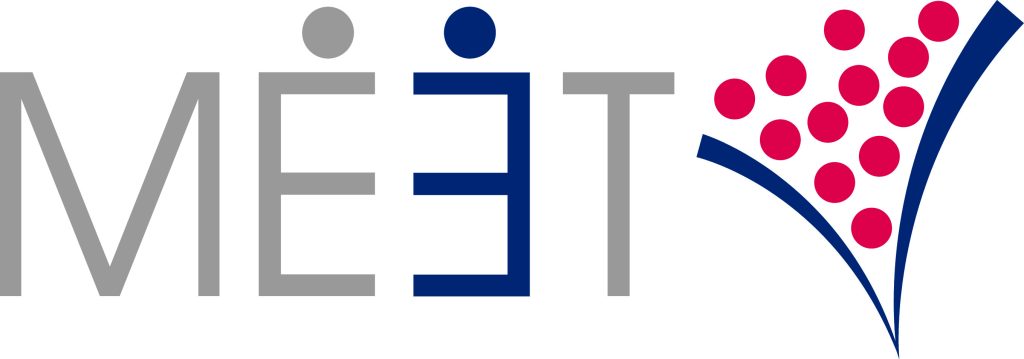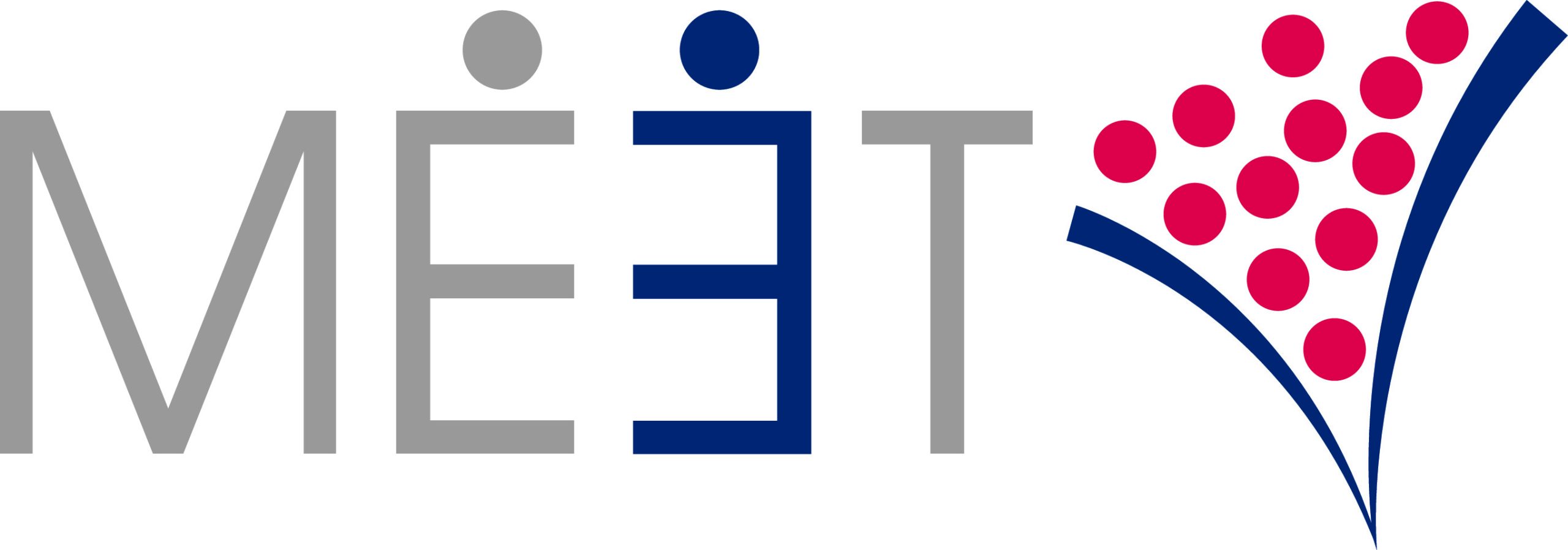The task of building a U.S. market entry team is full of tough decisions. For example:
- Should we transplant key leadership from the home market or just hire locally?
- How do we maintain company culture and quality of service from so far away?
- What kind of investment is necessary to be a competitive employer in the U.S.?
The answers to these questions will depend heavily on the industry you’re in and whether you’re a B2C or B2B company. Either way, you don’t have to figure it out all on your own.
To explore this topic of how to build an effective U.S. market entry team, we spoke with Priscila Bala, Head of the New York Office for Octopus Ventures and the driving force behind Question the Questions, a comprehensive resource guide to U.S. expansion.
Building traction helps
Fortunately for B2C companies, it tends to be a lot easier to build traction entirely from Europe if you’re distributing via a marketplace or central distribution channel like an app store. According to Priscila, building initial traction is key to attracting top candidates.
“Tech is booming in the U.S. and the best people have job offers from large and established tech companies and other successful startups from around the world. If you cannot demonstrate traction in the market, you’re unlikely to be able to attract the people that you want. Anyone who has experience in scaling a foreign tech company from the ground has an abundance of options at the moment. It’s a buyers market in their favor.”
Top candidates want to know that their walking into a well-structured company that has been highly strategic in timing their scaling endeavor. Traction helps to demonstrate that.
You get what you pay for
With U.S. market entry comes high compensation costs. To ensure that you’re getting the most qualified people in the market, you have to pay top dollar, which includes competitive benefits packages and stock options.
Priscila warns that compensation is not the only investment scaling firms have to make in order to draw the highest quality candidates.
“For B2C companies, in particular, you need extensive market data to be able to show who your customers are and how you’re attracting them. You’re more likely to convince someone really good to jump ship and help you build if their path to success is more clear.”
Without that data, Priscila warns, it’s not only hard to attract top talent, but it’s also hard to know whether someone’s a good fit after a significant investment of time and money.
“If you hire an American, it will take at least six months to figure out if it’s working out, what traction they’re getting, if they’re embedded in the team, and whether they understand the culture. By the time you figure out this person wasn’t the best fit, you’ve easily lost $1 million.”
The importance of maintaining company culture
Company culture takes time to build and is often rooted in a number of shared experiences that bond your core leadership team. Establishing a new presence with a newly hired American at the helm puts you at risk of jeopardizing those hard-earned intangibles that strengthen your company’s mission.
“Frequently, we see firms ending up with two organizations operating under different cultural behavior sets of practices. That can create immense frustration and even slow down decision-making because you may not be sharing information due to lack of trust. It becomes really ineffective.”
This division, Priscila warns, becomes especially harmful when one market outperforms the other.
“Because the U.S. is a bigger market than most companies are used to, we’ve witnessed cases where once the American side’s revenues reach or exceed the home country’s, resentment starts to build. Feelings of, “we’re carrying a lot of the business but all of the decision-making is happening elsewhere,” is not uncommon.”
Key advice for building a U.S. market entry team
Octopus Ventures recommends having a founder or executive DNA on the ground in the scaling market. According to Priscila, the question comes down to whether this person is willing to sacrifice their existing responsibilities to travel back and forth to ensure U.S. market entry is successful.
“People very often underestimate how painful those plane rides are going to be and how challenging it is to all of a sudden feel out of the loop in Europe because of the time they’re devoting to coordination and communication.”
Building a strong team of people you can be honest and grow with is critical. One strategy that Priscila recommends is to develop a working group and set milestones. This will enable you to assess at three-month intervals how working as a divided team has affected your outcomes and make adjustments along the way.
 Priscila also recommends practicing what it will feel like to add 24 hours to any decision you have to make, as this will be the case when scaling from Europe to the west coast of the U.S.
Priscila also recommends practicing what it will feel like to add 24 hours to any decision you have to make, as this will be the case when scaling from Europe to the west coast of the U.S.
“Practice will help you figure out if you need an internal solution. It can be a creative and constructive process that might even make your domestic business better because now you’ve also learned best practices on flexible and remote working.”
To hear more from Priscila about the challenges and best practices to U.S. market entry, check out our full interview: Reviewing Octopus Venture’s Treatise on U.S. Market Entry: “Question the Questions.”
For access to all of MEET’s webinar content on how to successfully scale your company in the U.S. market through trade shows and in-person events, subscribe to our YouTube Channel.
About
MEET (meetroi.com) helps international B2B growth companies soft land and scale in the U.S. through trade shows and in-person events. MEET’s processes help its clients ramp-up sales quickly and maintain a steady stream of high-quality prospects going forward. Contact Bill Kenney for a free, no-obligation consultation bill@meetroi.com or +1 (860) 573-4821.

